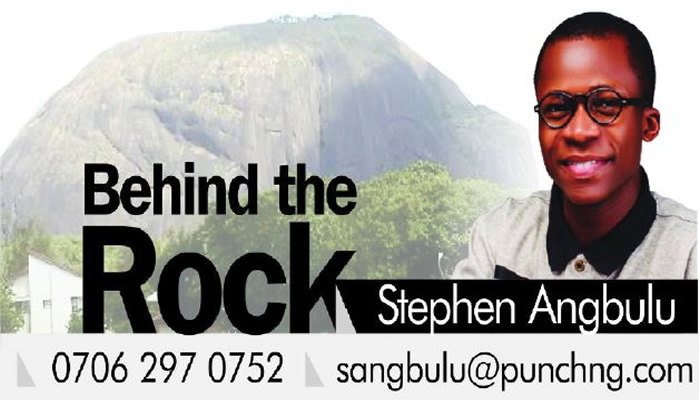Quiet councils and the Villa’s holiday hangover

While both corporate and informal Nigeria have moved past the holiday mood, some government alleys remain quiet.
Six weeks have swooshed by since the Federal Executive Council and its sister body, the National Economic Council, last met collectively to discuss state affairs.
On Monday, December 16, 2024, the Minister of Information and National Orientation, Mohammed Idris, announced that the FEC would take a recess from December 18, 2024, to January 6, 2025.
“The second thing I need to mention here is that the Federal Executive Council will be on recess from the 18th of this month until the 6th of January, meaning that there won’t be any Federal Executive Council meeting during that period,” Idris said.
Four days earlier, the NEC, which sits monthly, also closed shop for the year, stating it would resume talks on state-controlled policing in January.
“But today, the Council decided to step down the discussion until the next council meeting because we need to come up with a report from the secretariat. After the report, there will be deliberation at the next NEC meeting, which will likely take place in January,” Governor Uba Sani of Kaduna State announced on the Council’s behalf.
However, January sped by, and neither of the councils convened. To be fair, neither Idris nor Sani hold complete sway over their councils’ meeting times. Although Idris announced a three-week recess, it is the President who chairs the FEC, while the Secretary to the Government of the Federation steers its activities.
Moreover, meeting days are largely synced around the President’s schedule. During the Buhari years, Vice President Yemi Osinbajo presided over council meetings when the President was away.
This President, however, does not share his lunch when it comes to that.
Likewise, the Vice President chairs the NEC, while the NEC Secretariat—domiciled in the Ministry of Budget and Economic Planning—coordinates its day-to-day operations.
Still, ‘no meeting’ does not necessarily mean the council members—the President, his vice, governors, ministers, heads of agencies, and others—are inactive.
In the past month, for instance, the President and his deputy appeared to be in a contest about who would rack up more air mileage.
Although they are hard at work, the long silence persists, and the Council Chamber, where those crucial meetings are held, remains clean but eerily empty on most Monday mornings.
What if this quietude is connected to the fact that the Villa itself has not moved on from the holidays?
A quick stroll to the State House Conference Centre at dusk reveals the long perimeter fence still adorned with colourful Christmas lights from last December.
Walk further in, and you will see the hedges glistening with animated lights, as if it were still Christmas.
Christmas decorations typically remain up until the first week of January. This aligns with the traditional ‘Twelve Days of Christmas’ period, which ends on January 6—the day of the Epiphany.
This is when the Magi, the wise men, were believed to have found baby Jesus.
Therefore, most English-speaking cultures consider January 6 the “last day” of Christmas.
However, some folks consider leaving lights up later than the Epiphany to be “bad luck,” even though this was the norm in the Middle Ages.
In the weeks following the Yuletide, the rest of the Villa community reflected the typical back-to-work mood. But the closer you got to the centre, the quieter it became—silence, punctuated by bird chirps, peacock calls, and the rustling of leaves—a fitting milieu for restful thinking.
During such periods, one might say the President was playing Boju Boju (a game of hide-and-seek played on moonlit nights) with Nigerians.
He might be seated in his office, attending to state affairs without the distraction of visitors, or he could retire early to his residence.
In any case, there are indications that the President can’t wait to reconvene his council.
Earlier in the week, Tinubu concluded his visit to Dar es Salaam, Tanzania, where he joined other African leaders to participate in the Mission 300 Africa Energy Summit.
On Thursday, he received Letters of Credence from the Canadian High Commissioner to Nigeria, Pasquale Salvaggio, and the High Commissioner of Sierra Leone, Dr Julius F. Sandy, at the State House.
Tinubu also received Letters of Credence from the Ambassador of Ethiopia to Nigeria, Legesse Haile, and the Apostolic Nuncio of the Vatican to Nigeria, as well as Archbishop Michael Francis Crott.
On Friday, he observed the Juma’at alongside leaders of the Tijjaniyya Muslim Religious Movement, led by Khalifa Sheikh Muhammad Mahi Inyass, son of the revered spiritual leader of the Tijjaniyya order, Sheikh Ibrahim Inyass, at the Aso Villa Mosque.





